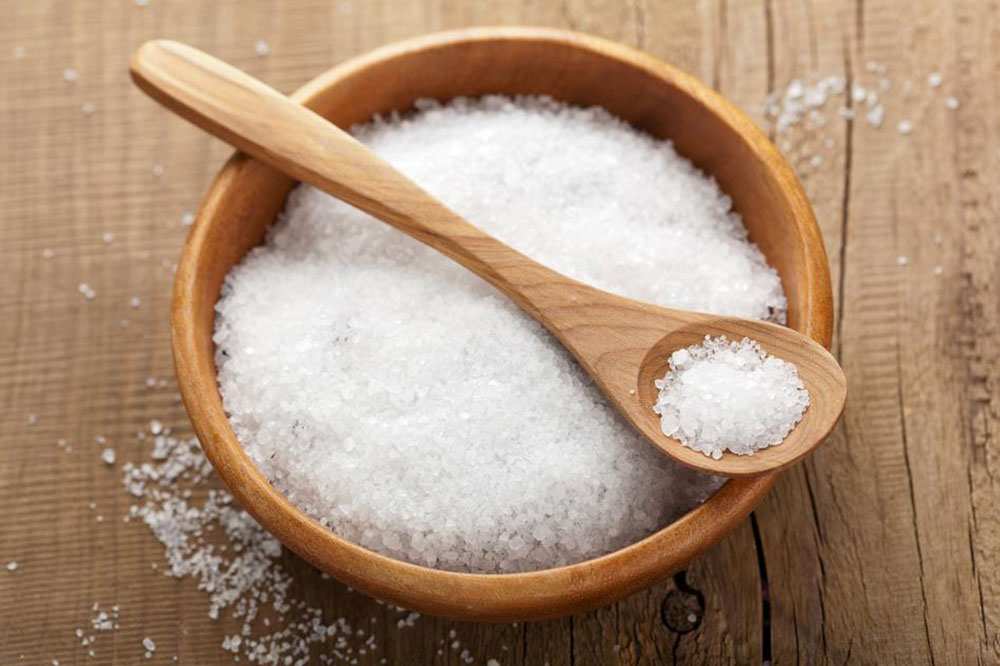
Foods to Eat and Avoid for COPD Patients
Chronic Obstructive Pulmonary Disease (COPD) comes with its own set of problems that can obstruct the everyday lifestyle of the patients suffering from it. Once the diagnosis is made, significant changes need to be implemented to make sure that the condition is taken care of as smoothly as possible.
Diet is one of the biggest factors that can help individuals in this aspect. While diet habits won’t necessarily improve the condition, they would help the body in fighting the infections better. The food products that should be included in the diet plan are as follows:
- Complex carbohydrates: Given that the inclusion of carbohydrates is allowed, choose complex carbohydrates. As food products with them are high in fiber, the performance of the digestive system will improve. Besides, healthy management of blood sugar will also be in place. Food products that can be included are lentils, quinoa, barley, oats, peas, beans, etc.
- High-potassium foods: Potassium plays a very important role in lung function. Breathing issues could arise when potassium levels fall. So adding food substances rich in potassium to the diet can be beneficial. Some examples of food products that can be included are asparagus, beets, avocados, potatoes, oranges, tomatoes, dark green leafy vegetables, beets, etc.
- High-protein foods: Food substances with high quantities of protein in them like eggs, fish, grass-fed meat, and pastured poultry can be beneficial for COPD patients. In types of fish, oily fish like sardines, salmon, and mackerel can be given a higher preference.
The food substances that should be avoided by the patients in their diet plan are as follows:
- Some types of fruits: Some types of fruits containing fermentable carbohydrates can lead to the development of gas and bloating in several COPD patients. Hence, avoiding these fruits from the diet plan would be advisable. Some examples of such fruits are peaches, apricots, apples, etc.
- Some legumes and vegetables: A wide variety of vegetables are known to cause gas and bloating. Thereby, these vegetables could also lead to the development of these symptoms in COPD patients. As each individual gets affected differently, it would be advisable to keep a note of how these vegetables are processed. Some examples of these vegetables are onions, leeks, cabbage, beans, brussels sprouts, lentils, corn, cauliflower, etc. If any symptoms are noticed after the consumption of these vegetables, they should be avoided from the regular diet.
- Fried foods: Food substances that go through the processes of deep-frying, frying, and contain high amounts of oil or feel greasy can lead to the development of gas and also lead to indigestion. In addition to these food substances, heavily spiced food items can also increase discomfort in COPD patients and lead to difficulty in breathing. They should, therefore, be avoided from everyday diet.
- Dairy products: It has been noticed in several people that the consumption of dairy products led to an increase in the thickness of phlegm. If this is found to be the case in individuals with COPD, dairy products necessarily need to be removed from the diet.



